Nicaragua, the lesser-known neighbor of tourist hotspots Costa Rica, Guatemala, and Panama, is an up-and-coming traveler’s gem. Lush jungles, active volcanoes, colonial cities, friendly locals, and secluded beaches offer a little something for everyone. Over the last decade, Nicaragua has finally made a name for itself on the traveler’s map but the country’s recent political unrest leaves many travelers wondering… is it a safe place to travel?
Compared to its heavily trafficked neighboring countries, Nicaragua has a far less violent crime rate. Although the country’s past turmoil may make it seem unsafe in a lot of ways, it is a relatively safe place for tourism and travelers.
That being said, it is not without crime and has dealt with its own issues. Just like many other developing countries, being aware of the dangers, knowing potential scams, and taking precautions to stay safe are all crucial insights to an enjoyable trip.
Here are the facts…
Nicaragua’s political past
Nicaragua has had a tough political history with long reigns of dictatorship. In the 1980s, the Central American country had an intense civil war that took the lives of over 30 thousand Nicaraguans. Although it is still recovering from its turbulent past over 2 decades ago, it remains one of the safest countries in Central America.
Last Civil unrest
In April 2018, protests started against social security reforms implemented by the government. The reforms increased taxes and decreased social security. These protests were instantly met with repression from authorities and from April 2018-February 2019, over 300 people were killed as a result.
Due to political and civil turmoil in the country, governments around the world have updated their travel advisories and recommended that tourists change their travel plans to avoid Nicaragua. This brought tourism to a halt in 2018 and many tourist-based businesses were closed for an extended period.
Since December 2018, civil unrest in the country has come to a halt and as a result of the gained stability, hotels and tourist areas started to reopen their doors. Since then, tourism has slowly returned and more people are catching on to visiting Nicaragua as a budget-friendly destination.
Even so, some major countries still have high travel advisories for Nicaragua and the country is still deemed unstable. (The United States still has a level 3 travel advisory on the country.)
These days, protests have since ceased and the country has calmed down. There is no serious threat to tourists. Being aware of the situation and staying out of political issues, and protests should keep you out of harm’s way during your travels in the country.
Theft
Petty crimes such as robbery and theft are the most common offenses in Nicaragua. These usually take place in the capital of Managua and larger cities such as Granada and Leon.
As with many developing countries, pickpocketing is especially common in public areas. Bus stations, public transport, markets, and anywhere heavily trafficked are hotspots for pickpockets. Especially in large cities.
To avoid being a potential target, you should keep minimal cash on you. The money you do bring should be kept in a secure place such as a travel money belt. Try not to have anything bulging from your pockets- as it can make you an easy target. It’s also a good idea not to wear expensive clothing or flashy jewelry, as this will attract attention to yourself.
Another important action is to keep your phone hidden. Try not to pull it out and flash it on the street or anywhere in public. Look at your map and directions before you leave your room and don’t wander around staring at your expensive smartphone. It can easily be snatched from your hand by someone passing by.
Security
You’ll notice that Nicaragua, like many developing countries, has different daily-life security measures than most Western countries. In cities and larger towns, houses are generally surrounded by high walls, the windows are barred, and a lot of people have some form of security system (usually loud dogs).
Most hotels, banks, shopping centers, and gated communities have around-the-clock security guards posted at entrances and in common areas. This is all for the general well-being and safety of locals and tourists alike.
It is a good idea to choose your accommodation wisely. Do your research and choose hotels with around-the-clock security in safe areas. You should also check if you have a safe or lockbox in your room for your valuables.
Online reviews about your accommodation’s security can be a comforting thing to look into before your trip.
Violent Crime
Nicaragua has the lowest violent crime rate in Central America with far less violent crime than the more popular tourist destinations of Costa Rica, Belize, Panama, Mexico, or Guatemala*. In fact, Nicaragua has a violent crime rate considerably lower than the average in urban areas of the USA**. But that doesn’t mean that it is non-existent. Here are a few things to be aware of and tips to stay safe if you are unfortunate enough to fall victim to these crimes while traveling.
Robberies
Although uncommon, armed robberies have been reported in the country. These generally occur in crime hotspots of larger cities.
If you are attacked by an armed robber, do not resist. It is best to simply hand over your valuables, listen to their demands, and be on your way. You can go to the police and file a report but don’t count on your stolen items being returned.
The best thing would be to make sure you have travel insurance before your trip and that it covers your valuables. Having a police report will support your claim and although the robbery might have brought your spirits down, you are safe and should receive compensation for your insured valuables.
More dangerous theft and armed robberies often occur at night or when people are under the influence of drugs or alcohol. Being a smart and aware traveler can help you avoid these situations.
Travel during the day and avoid walking alone at night with money or valuables on you. It is best to refrain from walking down unlit streets or passing through well-known heavy crime areas. If you are traveling by car in the city or at a stoplight, consider keeping your doors locked and windows up to be safe.
Issues on the Road
Express kidnappings from taxi drivers have also been reported in Nicaragua and although rare, it is important to be aware of the danger. They often drive stolen cars calling themselves taxis in areas around Managua and also in larger cities such as Granada, and Masaya.
There have been cases of kidnappers threatening the victim, and forcing them to take out cash at various ATMs they are driven to.
It is important to be attentive when choosing a taxi. Here are some things to consider when choosing your driver.
- Make sure the taxi has a red border around the license plate and the number is clear
- Don’t share a cab with anyone you don’t know or trust
- When possible radio or call a cab from a reputable company or better yet, arrange reliable transport with your hotel.
- Make sure the car is labeled with the company name and logo and you note the driver’s name and registration.
Similar robberies have been reported on certain highways such as the Managua-Leon highway and the Tipitapa-Masaya highway that connects the international airport to Granada. These are usually fake police inspections that end in bribes or tourists having to go to various ATMs to withdraw cash for the “police”. It is best to avoid these areas at night and always ask for credentials if you are stopped by the police.
Women’s safety
Women traveling alone should take special caution, avoid drinking too much, and consider not walking alone (especially at night).
If you are traveling solo as a woman, look for comfortable accommodation in a safe area with hosts that are backed by a solid reputation. This is one of many major tips for solo female travelers to consider on the road.
Corruption
It is not uncommon to have to pay the police to get out of a minor traffic infraction or for forgetting documentation in your hotel room. It is a good idea to keep a small amount of money with your driver’s license and hide the rest. You don’t want to end up paying more than they ask for after seeing a wad of cash in your wallet.
Scams to Avoid
Every developing country has its list of scams that locals have conjured up to score some extra cash from tourists. Nicaragua is no different, and although you will most likely not have to deal with this, it’s good to be aware of all possibilities before your trip.
Here is a list of the top scams on tourists.
- People asking you to help pay for medicine for a sick child or family member.
- Requests to support locals or their families on the street.
- Fake police: Always ask to see a police ID or credentials before handing over your passport or important documentation.
- Be careful when renting cars or motorbikes. Read the contract, take pictures, and check the vehicle over thoroughly before rental.
- Be aware of dodgy tour operators and only use reputable companies. You can find great operators by doing online research or by word of mouth from fellow travelers or friends.
- Be aware of the taxis and transport you choose and make sure you are using reputable drivers.
Overview of tips on staying safe.
Overall if you are smart, attentive, and you follow your traveler’s intuition, you should have an enjoyable experience in the country and remain safe. Here are the top tips on keeping safe while traveling in Nicaragua.
- Keep your valuables on you in transit or locked away in your room. You should only bring what you need on outings and be aware of pickpocketing.
- Avoid flashing valuables and expensive jewelry in public places.
- Don’t walk alone at night.
- Travel during the day as much as possible.
- Be cautious of the transport you choose.
- Choose reputable hotels outside of crime hotspots with 24-hour security.
- Don’t resist or fight back if attacked by an armed robber.
- Don’t get involved in politics and avoid participating in political gatherings or protests.
Coronavirus in Nicaragua
The government has done little to educate its people on the dangers of Coronavirus and has put no restrictive measures down during the entire process. But, the general public is aware of the seriousness of this global pandemic and has taken matters into their own hands for their health and safety.
Most people used to wear masks in public places, alcohol/sanitizer was graciously handed out when entering large shopping centers, and handwashing stations were placed in front of smaller shops and in front of some bus stops. However, these measurements are no longer taking place in the country.
It is up to you to be socially responsible during this global pandemic, wash your hands frequently, and choose your destinations and accommodations based on measures put in place for your health and safety.
Overall, Nicaragua is a generally safe and comfortable country for travel and tourism and has a greater success rate compared to other countries in Central America. Your safety comes down to having your head on your shoulders, researching the dangers and scams before you go, booking comfortable and safe accommodation away from crime hotpots, and being aware of yourself and your surroundings on your Journey.
A Stay at Costa Dulce Retreat
Here at Costa Dulce Surf & Yoga Retreat, we offer a safe and comfortable living space and would be happy to welcome you to our family at our bungalows overlooking the Pacific Ocean. We provide private transportation with people we know and trust and hold a safe space tucked away at an (almost) private beach 20 minutes south of San Juan del Sur. Learn more about our Yoga Retreats & Surf Camp or check out our retreat packages.
308 Comments
Submit a Comment
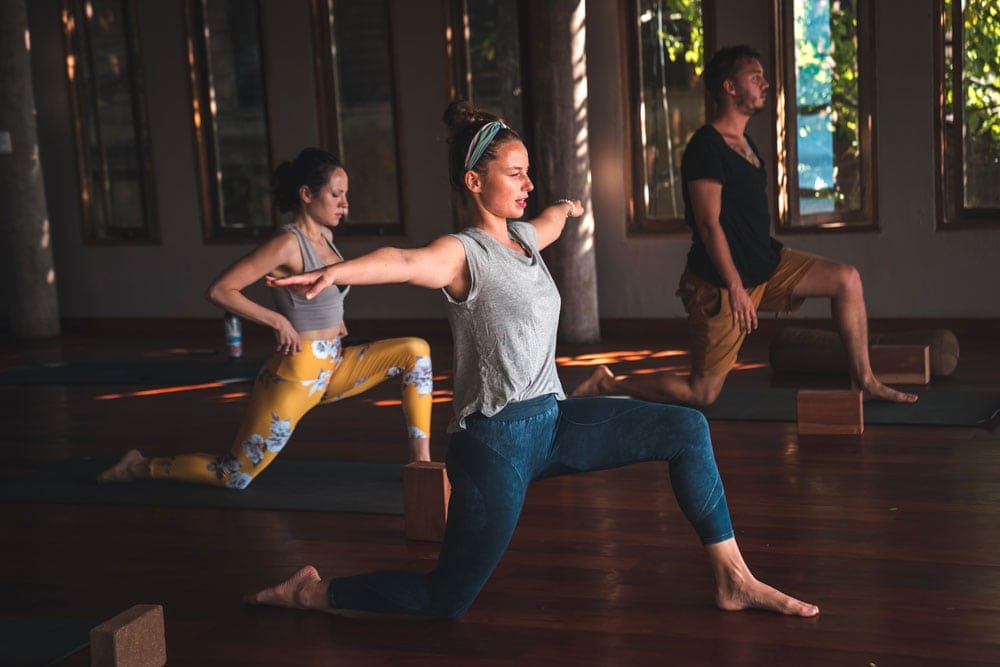
Yoga Retreat Packages
Yoga is a crucial element of our life here at Costa Dulce since it is the foundation of the holistic lifestyle we embody. Yoga and wellness is the key to take care of ourselves, our surroundings, and the people we love. Learn more about our Yoga Retreat Program.
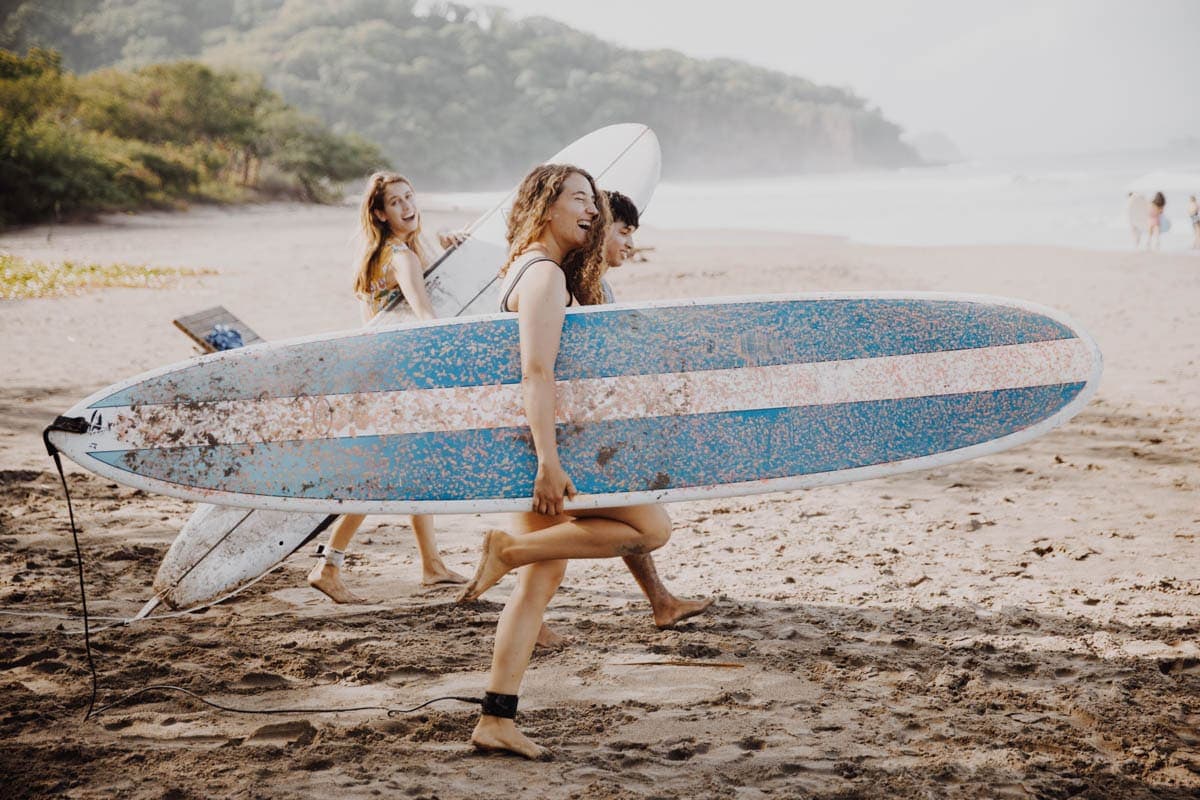
Surf in Private Paradise
Costa Dulce provides the perfect opportunity to learn how to surf. This is your chance! Nicaragua is a great place to learn but many try and do it at the crowded and more popular surf breaks. Learn more about our Surf Camp Program.
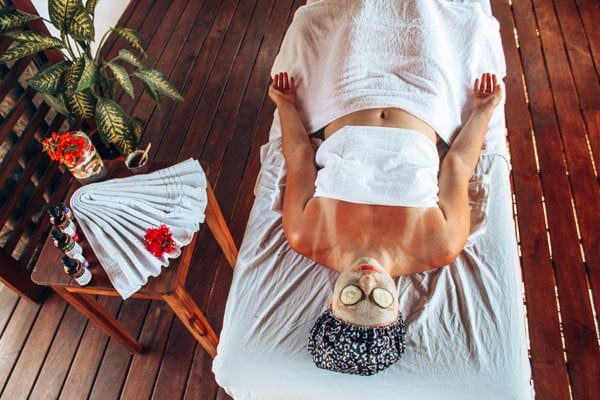
Relax with our Spa Treatment
Treat your body with a relaxing massage, nourish your body/face with a natural mask or energize your body and skin with our signature coffee/ coconut oil scrub, two of Nicaragua’s finest ingredients. Learn more about our Spa & Wellness services.
Recent Posts
Surf and Yoga: A Match made in Tropical Heaven by Shruti Shah (@flowithshruti)
As a yoga teacher who surfs on occasion, I have realised that being on the surfboard out in the water gives me the same feeling that comes from being on my yoga mat. Surfing allows me to connect with nature and be truly present in the moment, the same way flowing with...
Holistic Wellness Center
Are you looking for a place to rejuvenate your mind, body, and soul? Holistic wellness centers have become increasingly popular as people seek a comprehensive approach to health and well-being. These centers focus on your overall well-being, catering to various...
Yoga Twice A Day: The Benefits & Why
Yoga Twice A Day: The Benefits & Why Yoga, an ancient practice with a history spanning thousands of years, has evolved into a holistic approach to well-being embraced by people worldwide in our modern age. Beyond a mere series of poses, yoga offers a path to...
How To Get From Costa Rica to Nicaragua
You’ve most likely done some research to get to this point, and yes it is better to travel through Costa Rica to get to Nicaragua. Liberia, Costa Rica, or in some cases San Jose, Costa Rica. Both have international airports with many more flight options, direct flights and in many cases cheaper prices.

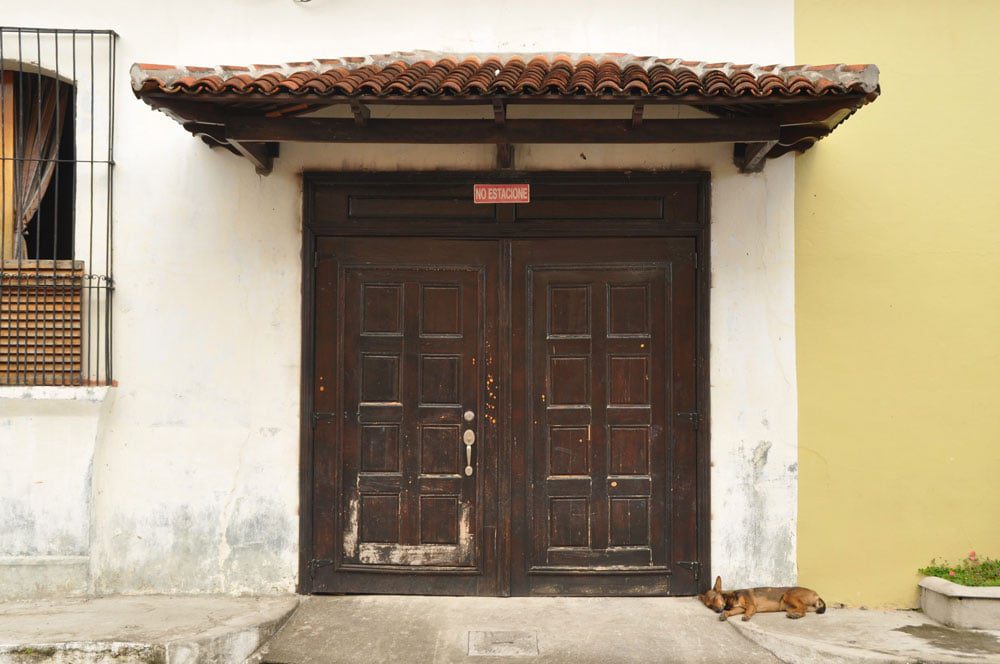
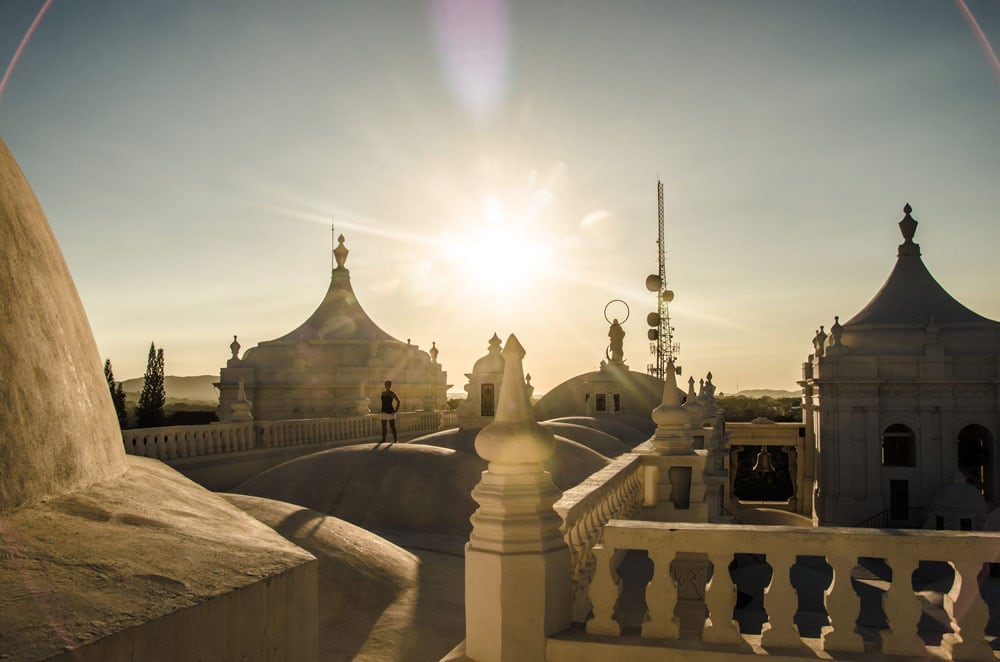
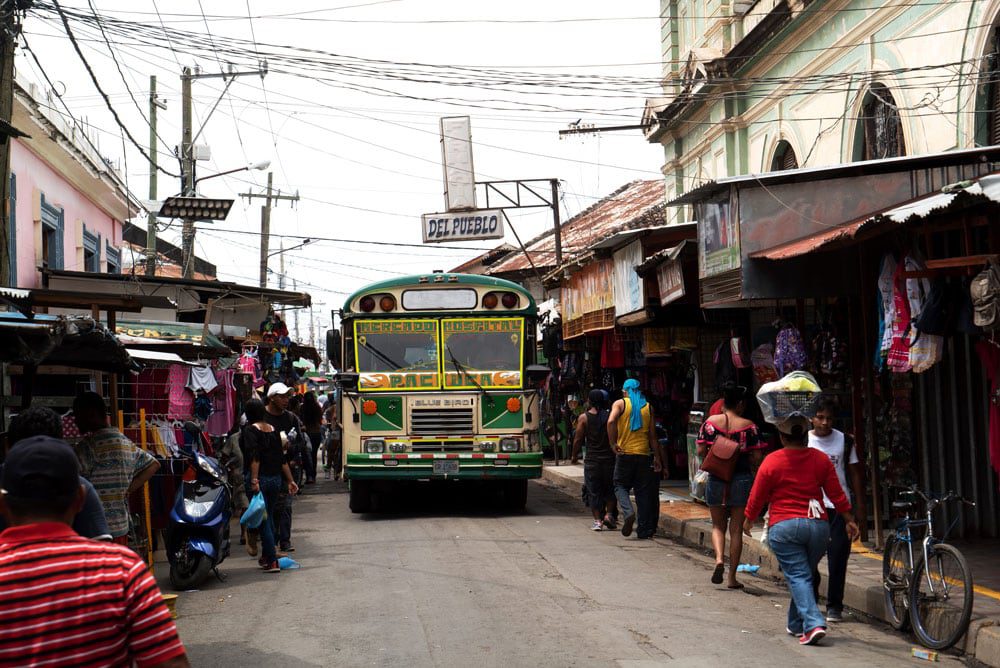
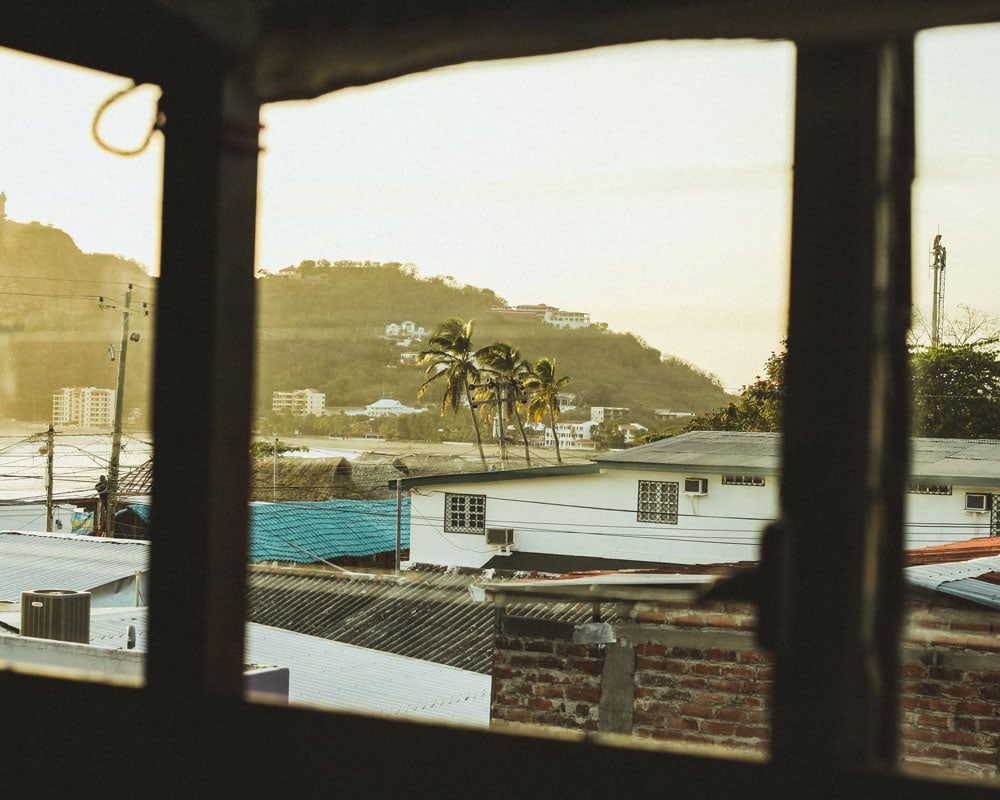
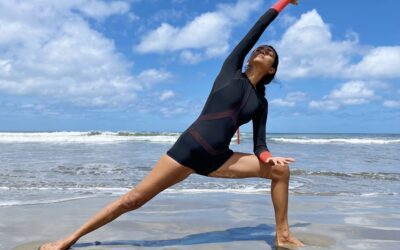
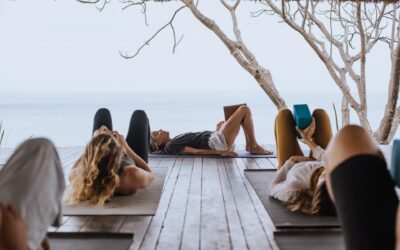

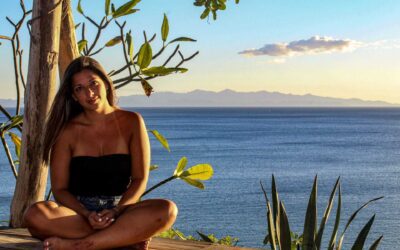
paxlovid pharmacy: paxlovid covid – Paxlovid buy online
amoxicillin 775 mg: amoxicillin 750 mg price – how to get amoxicillin over the counter
amoxicillin 875 125 mg tab: generic amoxil 500 mg – amoxicillin 800 mg price
antibiotics cipro: ciprofloxacin mail online – cipro online no prescription in the usa
paxlovid india: paxlovid pill – buy paxlovid online
paxlovid india: paxlovid covid – paxlovid generic
buy cipro online: buy cipro no rx – buy ciprofloxacin